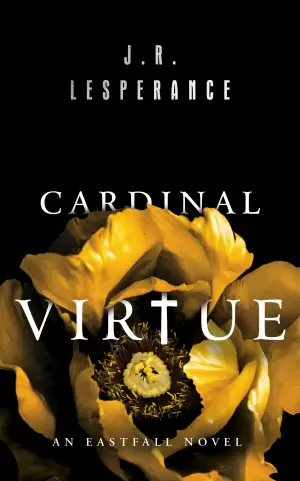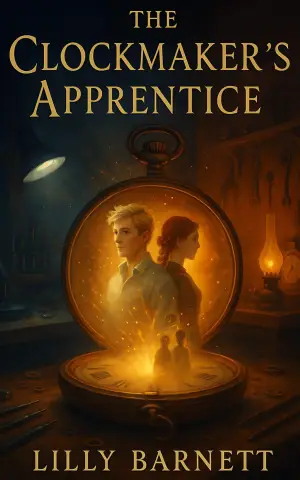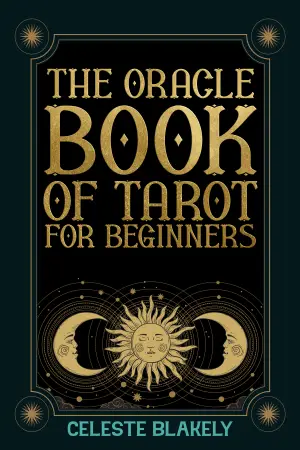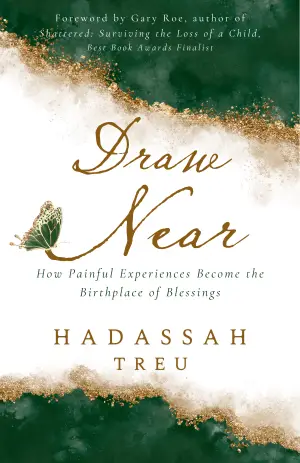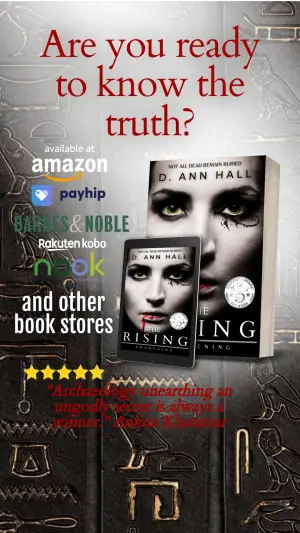Lotus: A Novel by Lijia Zhang – A Journey through Shadows and Light
When I first picked up Lotus: A Novel, I was drawn in by the unique premise and the author’s compelling background. Lijia Zhang, inspired by her grandmother’s hidden past, sets the stage in Shenzhen—the "City of Sins." Against the backdrop of modern China, this novel delves into the complex lives of women navigating the shadows of the sex industry while grappling with dreams, desires, and traditions. It was a tale I felt compelled to explore, not just as a story but as a reflection on resilience and identity.
At the heart of the novel is Lotus—a young woman with striking eyes that shine brightly amid the neon lights of Shenzhen. Her journey from a factory to the perils of street life is laced with a blend of survival instincts and emotional depth. Zhang masterfully portrays Lotus as a nuanced character—both a victim and a woman of strength, defying the simplistic narrative often associated with sex work. I found myself rooting for her as she confronted a cast of characters, from power-hungry clients to the kind-hearted photojournalist, Binbing, who challenges her perceptions of love.
The themes woven throughout Lotus resonate deeply. The complexity of relationships—both familial and romantic—exposes the difficult choices many women face in pursuit of a better life. The tension between traditional values and modern aspirations is palpably felt. Lotus’ internal struggle is made more poignant by her desire to elevate her family’s circumstances, particularly her younger brother’s education. It felt refreshing to see a character shaped not just by her struggles but by her aspirations, illuminating the human spirit in dark times.
Zhang’s writing style is both immersive and poetic, weaving vivid imagery with crisp dialogue. The pacing kept me engaged without losing the contemplative nature of Lotus’ journey. I especially appreciated how each chapter opens with a Chinese proverb, providing insights into the characters’ lives while enriching the narrative. One that lingered with me was, "A fresh flower wilts away on cowpat," serving as a poignant reminder of Lotus’ plight.
While I found Lotus to be a riveting read, I sometimes desired deeper emotional exploration for supporting characters. Despite this, the overall portrayal of the sex industry and its human cost felt authentic and sensitively handled—not sensationalized, nor overly romanticized, which is a balance that can be difficult to achieve.
This novel will resonate with readers curious about contemporary Chinese culture and those drawn to stories of resilience, self-discovery, and love. It’s particularly significant for anyone looking to understand the many faces of womanhood in today’s world.
In the end, Lotus left me reflecting on my own perspectives about love, sacrifice, and what true freedom entails. It’s more than just a love story; it’s a narrative of empowerment and the quest for dignity in a society that often overlooks the vulnerable. Lijia Zhang has crafted a narrative that shines a light into the dark corners of human experience, and for that, it’s a book I will hold onto long after closing its pages.
If you seek a rich tapestry of personal and cultural nuance, Lotus is a journey you won’t want to miss.









